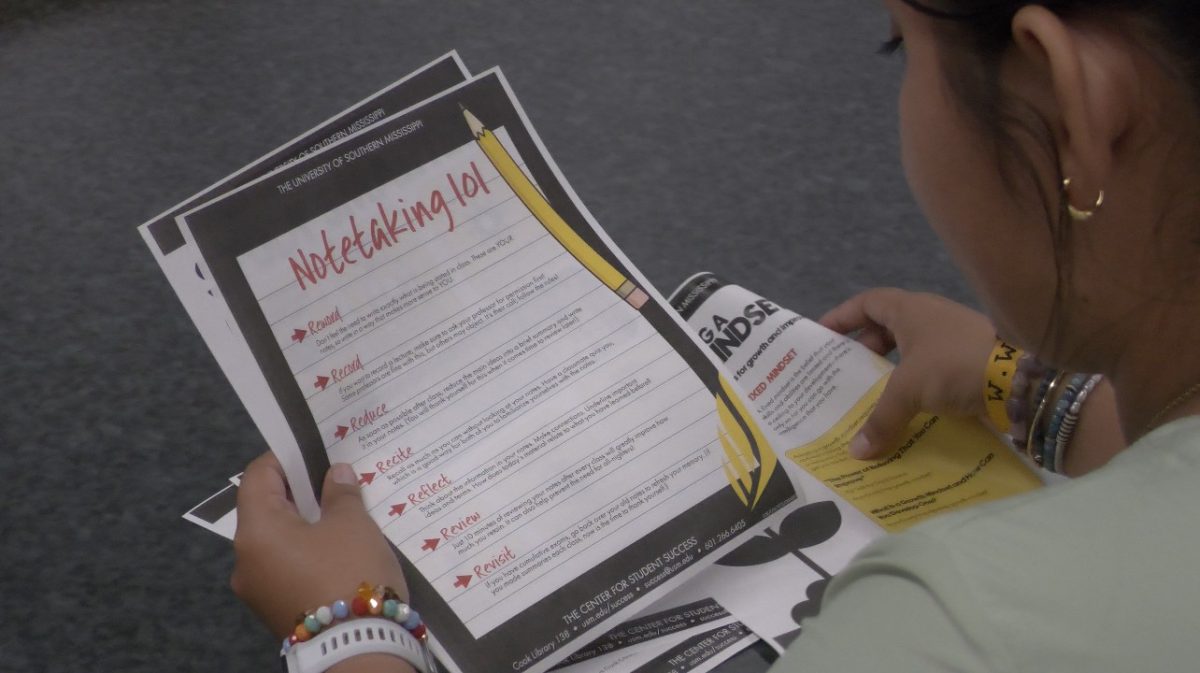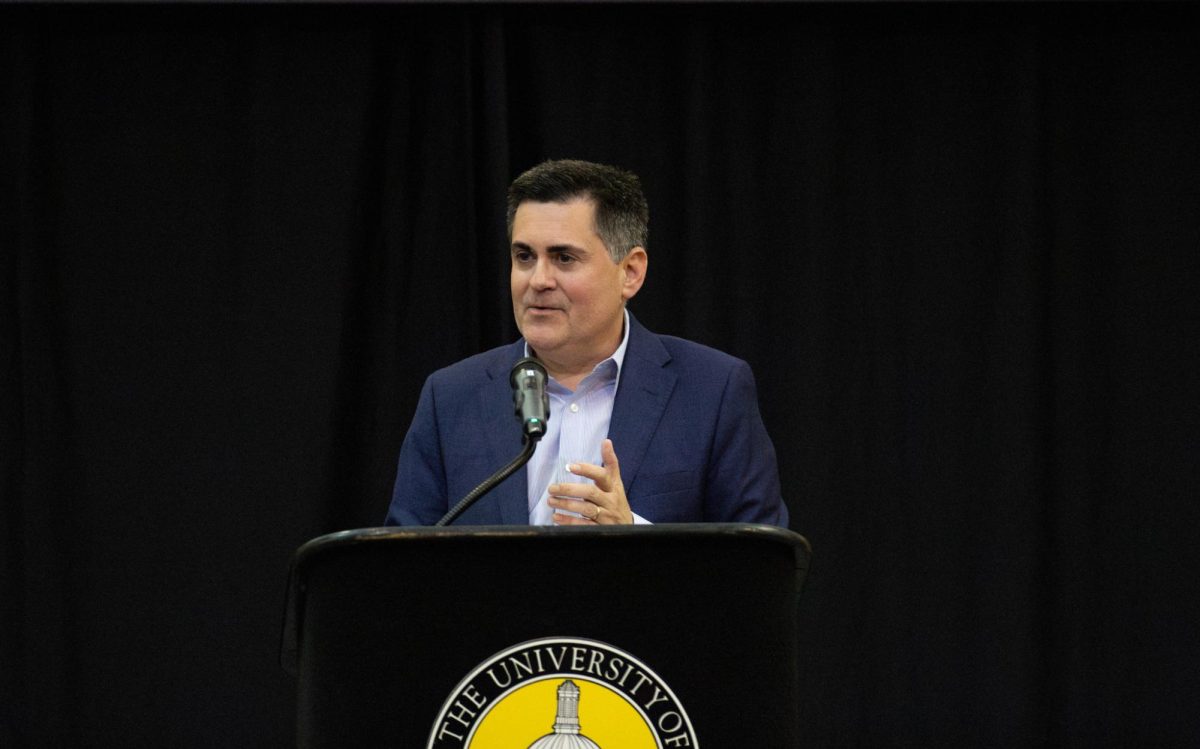Southern Miss students hanging around campus for five years or more face financial setbacks the longer they wait to get a degree. Graduating after the standard four years or even sooner can increase the money they pack in the pocket and decrease debt accrued in student loans.
Amy Chasteen Miller, associate provost for academic excellence, did the math, and the costs are too high. Students will be more successful the sooner they enter the job market.
“From a student’s perspective, a big reason to graduate in four years is expenses,” Miller said. “Even though Southern is not a terribly expensive school in comparison with other universities, for every extra year you spend in school, you are delaying your earnings and accruing debt. Imagine you graduate and get a job that pays $40,000 a year. Well, instead of doing that, you spend $20,000 to stay in school an extra year. That fifth year just cost you $60,000 and then over your lifetime that one year less of earning multiplies, so you end up making much less money in your lifetime.”
Graduating in four years requires a number of things. Taking the right number of hours every semester will keep a student on the right track. Miller suggested taking 30 hours per year.
“Fifteen hours should be the default for each semester,” Miller said. “Taking summer classes is also a good way to get those hours in or even get ahead.”
Students are responsible for how many hours and what courses they take. Staying on top of how many hours taken each semester is crucial, but even more important is taking the right courses.
“It is harder to graduate in four years when students change their major late in the game,” Miller said. “A good way to avoid getting behind is being familiar with your course requirements, planning your own semesters and having a ‘plan b’ just in case you end up not liking the major you picked.”
Miller also pointed out that it is smart to choose a second plan related to the original when the core requirements are about the same; for example, switching from anthropology to sociology.
William Bowen, former president of Princeton University, said that waiting around might risk the completion of a student’s degree.
“The longer it takes people to graduate, the less likely they are to graduate—ever,” Bowen said.
Michael Amiridis, University of South Carolina provost, said that promoting graduation in four years is a selling point during recruitment.
“The easiest way for me to get a round of applause is to say we expect the students to graduate in four years,” Amiridis said. “And it’s not the students who applaud. It’s the parents.”
The problem stems from students thinking they have time and money to spend figuring it all out—they do not.
“The fall semester of freshman year is for getting adjusted,” Miller said. “The second semester, it’s time for getting to work.”
It can be tempting to take advantage of freedom and forget about the real reasons you spent so many long hours in high school making good grades, studying for the ACT and laboring over admissions essays, but do not fall into the trap. Ultimately, graduating is your own responsibility and neglecting to stay on top of the process will negatively impact your future.
Stay focused by making friends with people who are motivated and organized. Log on to SOAR and familiarize yourself with courses required for graduation and make a semester-by- semester plan. Most importantly, talk to an adviser, professor or upperclassman to get some direction.
Graduating on time is possible, but it is up to you.
































